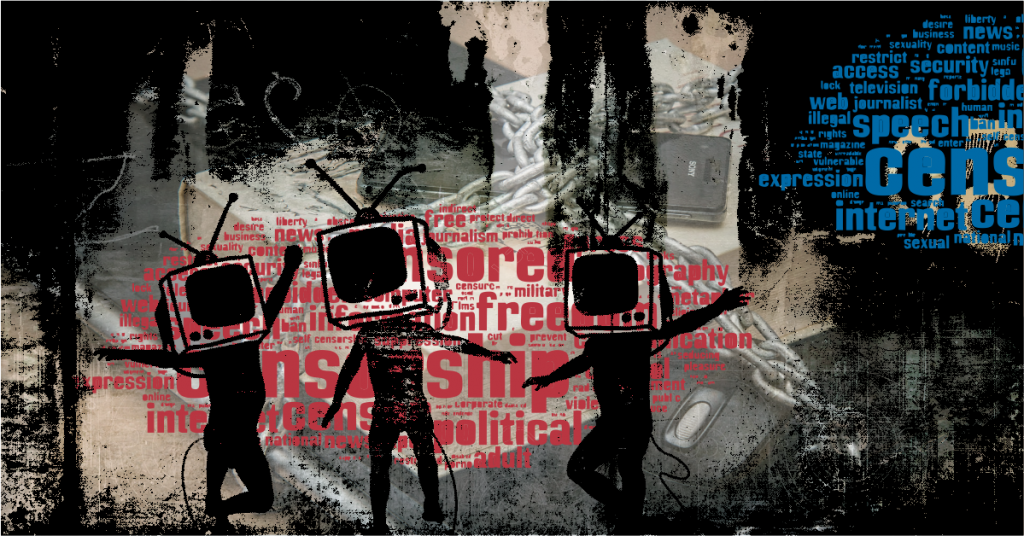It has been a month since Kashmir went dark in wake of a virtual communication and media blockade, and now a report has emerged that exposes what is going on in that darkness. Prepared by the Network of Women in Media, India (NWMI) and the Free Speech Collective (FSC), the report titled News Behind the Barbed Wire: Kashmir’s Information Blockade shows how “the continuing shutdown of communication in the Kashmir valley has resulted in the throttling of independent media.”
The report is based on the findings of a two-member team comprising Laxmi Murthy and Geeta Seshu who visited the region between August 30 and September 3. They interacted with and observed several journalists, correspondents and editors of newspapers and news-sites in Srinagar and South Kashmir, members of the local administration and citizens.
CJP believes that a Free Press is important for maintaining the health of a democracy. We condemn the use of coercive tactics to muzzle the media, especially independent journalists reporting on Human Rights violations. To support Press Freedom and the wider Right to Freedom of Expression, join CJP. Donate Now!
The report states, “As journalists continue to face severe restrictions in all the processes of news-gathering, verification and dissemination, the free flow of information has been blocked, leaving in its wake a troubled silence that bodes ill for freedom of expression and media freedom.”
It further says, “In the absence of reportage from the ground, the government’s influence of the narrative of normalcy is near total. Its official proclamations of the creation of a ‘Naya Kashmir’ have become vociferous. In contrast, there is a deafening silence and invisibilisation of voices from Kashmir expressing alienation, anger and disillusionment at perceived breach of trust. The government’s control of communication processes is intrinsically undemocratic and harmful, as it privileges the voices of authority and weakens those who speak truth to power.”
Key findings of the report are as follows:
- Surveillance, informal ‘investigations’ and harassment of journalists who publish reports considered adverse to the government or security force
• Blockade of verifiable information from the ground
• Restrictions on mobility in select areas including hospitals
• Controls on facilities available for print publication
• Three journalists reporting for international and credible national media who have been allotted government quarters, received verbal directions to vacate
• Restrictions despite no official curfew, no official notification for the shutdown
• Landlines are working only in certain areas but not in the press enclave, which houses most of the newspaper offices
• The inability to respond to playbacks and queries from editors on email and phone, especially regarding fact-checks, has meant that stories cannot be carried in the national media
• A clear ‘unofficial’ directive regarding what is permissible content.
• Absence of the editorial voice in major newspapers in Kashmir; instead, editorials on ‘soft’ subjects such as vitamin consumption
• Lack of safety for women journalists
In a press statement, NWMI and FSC said, “Our examination revealed a grim and despairing picture of the media in Kashmir, fighting for survival against the most incredible of odds, as it works in the shadow of security forces in one of the most highly militarised zones of the world and a myriad government controls.” The statement further says, “he communication blockade and the ban on the Internet has caused unimaginable and inhuman problems for all citizens. But it has also sounded the death-knell for the media.”
The organisations behind the report now demand that the government undertake the following measures to “demonstrate a commitment to freedom of expression,” adding “Anything less will only be hollow pronouncements and proclamations.”
Immediately lift the internet shutdown and enable high speed internet connectivity.
- Restore all landlines and mobile telephones with priority to journalists and media houses.
- Lift restriction on movement to journalists to enable on-the-ground reporting and verification of authentic news.
- Desist from monitoring and surveillance of journalists and immediately cease intimidatory tactics such as summons to police stations, threat of arrest and detention, and the lodging of false cases etc.
- Create a level playing field for all local, national and international media so as to ensure equal access to official sources and information.
- Set up a transparent and accountable mechanism for disbursal of government advertising.
- Ensure an enabling environment for the safety and dignity of working journalists, a robust and viable media that can guarantee just wages and other protections for working journalists, thus enabling the full exercise of the right to Freedom of Expression.
The entire report may be read here:
* Journalists Laxmi Murthy and Geeta Seshu are members of Network of Women in Media, India (NWMI) and co-editors of the Free Speech Collective (FSC), both of which are non-funded and volunteer-driven. The report was originally published here.
Related:
Foreign Journalists ask to “leave” Assam, post NRC
Journalists threatened and harassed after numbers leaked online
Bastar Journalist booked on Sedition Charges
3 Journalists killed in Saffron ruled states

